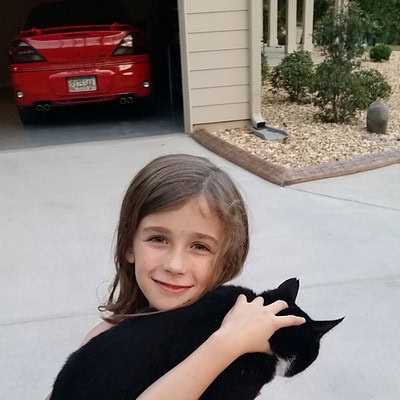Immunological causes of obsessive-compulsive disorder: is it time for the concept of an “autoimmune OCD” subtype?
Endres, D., Pollak, T.A., Bechter, K. et al. Immunological causes of obsessive-compulsive disorder: is it time for the concept of an “autoimmune OCD” subtype?. Transl Psychiatry 12, 5 (2022). https://doi.org/10.1038/s41398-021-01700-4
- There is increasing evidence for secondary immune-mediated forms of OCD.
- The DSM-5 and novel ICD-11 criteria include the category of secondary OCD, without, however, providing guidelines according to which such a diagnosis should be established.
- The authors have drafted a first proposal of clinical criteria for the definition of secondary autoimmune OCD.
- Recognizing the autoimmune causes of OCD could inform additional therapeutic options for the affected patients to promote treatment response and reduce chronicity.”
Pathophysiologically, the following subtypes should currently be distinguished:
- 1. OCD with PANDAS/PANS,
- 2. OCD with neuronal antibodies: a. against well-characterized cell surface antigens (such as NMDA-R), b. against well-characterized paraneoplastic, intracellular antigens (such as Ma2), and c. against non-well-characterized and novel neuronal autoantibodies,
- 3. OCD in the context of systemic autoimmune diseases with potential brain involvement (such as systematic lupus erythematosus),
- 4. OCD in the context of established autoimmune CNS disorders (such as multiple sclerosis).
